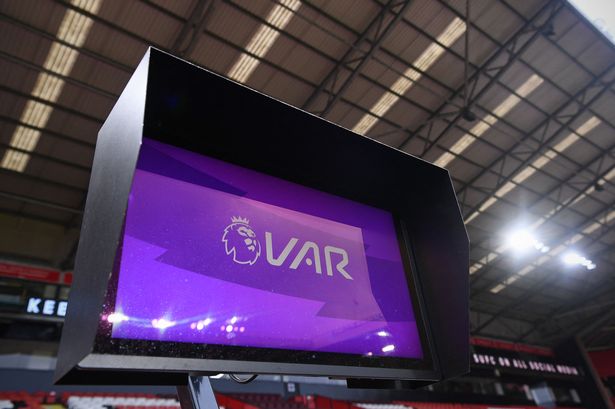World
Premier League Enforces New Rules as Liverpool Faces Bournemouth

Football fans will witness significant changes in the Premier League as the new season kicks off with Liverpool hosting Bournemouth on March 24, 2024. The match, taking place at Anfield, will be officiated by referee Anthony Taylor, with Michael Oliver and Thomas Bramall overseeing the action from Stockley Park. This match will not only mark the beginning of the campaign but also serve as a testing ground for several new rules aimed at improving the game.
The Football Association and Professional Game Match Officials Limited (PGMOL) have faced scrutiny in the past due to controversial officiating decisions. This season, Taylor will be under pressure to implement key law amendments effectively. He has not officiated the opening match of a new English top-flight season since 2022, underscoring the significance of a smooth start to the campaign.
Key Changes to Officiating and Gameplay
One of the most notable changes is the rule limiting communication with referees. From now on, only team captains are allowed to approach the referee during matches. Players who attempt to engage with officials without permission may receive yellow cards. If the captain is the goalkeeper, one outfield player can be designated to communicate with the referee, reducing the number of players allowed to interact directly with officials.
Goalkeepers will face new restrictions as well. Starting this season, all Premier League goalkeepers, including Alisson, must release the ball within eight seconds. If a goalkeeper exceeds this limit, the opposing team will be awarded a corner after the on-field referee counts down the final five seconds. This rule aims to minimize time-wasting, a common issue in previous seasons.
Another significant update involves the protocol surrounding Video Assistant Referee (VAR) decisions. The Premier League can now instruct the on-field referee to announce and explain VAR decisions to spectators. This process, implemented at the Club World Cup, aims to enhance transparency and communication during matches.
Modifications to Set-Piece Rules and Offside Regulations
Several set-piece rules have seen minor modifications. For instance, if a player inadvertently touches the ball twice during a penalty kick, they will be allowed to retake the shot, provided the initial attempt is successful. Additionally, if a player, substitute, or coach off the pitch touches the ball before it goes out of play, an indirect free kick will be awarded against them.
Changes to the handling of drop balls will also be in effect. A drop ball will now be given to the team that did not last touch the ball before the stoppage, as long as the referee believes that team would have regained possession.
Regarding offside regulations, a new clarification specifies that when a goalkeeper throws the ball, the last point of contact will be used to determine offside positions. For example, if Alisson initiates a counter-attack with a long throw, officials will assess offside from the moment the ball leaves his hands.
These updates reflect the Premier League’s commitment to enhancing the quality of officiating and the overall experience for players and fans alike. As the new season unfolds, the impact of these rule changes will be closely monitored by clubs, players, and supporters across the league.
-

 Entertainment2 months ago
Entertainment2 months agoAnn Ming Reflects on ITV’s ‘I Fought the Law’ Drama
-

 Entertainment3 months ago
Entertainment3 months agoKate Garraway Sells £2 Million Home Amid Financial Struggles
-

 Health2 months ago
Health2 months agoKatie Price Faces New Health Concerns After Cancer Symptoms Resurface
-

 Entertainment2 months ago
Entertainment2 months agoCoronation Street’s Carl Webster Faces Trouble with New Affairs
-

 Entertainment2 months ago
Entertainment2 months agoWhere is Tinder Swindler Simon Leviev? Latest Updates Revealed
-

 Entertainment3 months ago
Entertainment3 months agoKim Cattrall Posts Cryptic Message After HBO’s Sequel Cancellation
-

 Entertainment2 months ago
Entertainment2 months agoMasterChef Faces Turmoil as Tom Kerridge Withdraws from Hosting Role
-

 Entertainment1 month ago
Entertainment1 month agoOlivia Attwood Opens Up About Fallout with Former Best Friend
-

 Entertainment3 months ago
Entertainment3 months agoSpeculation Surrounds Home and Away as Cast Departures Mount
-

 World1 month ago
World1 month agoCole Palmer’s Mysterious Message to Kobbie Mainoo Sparks Speculation
-

 Entertainment2 months ago
Entertainment2 months agoITV’s I Fought the Law: Unraveling the True Story Behind the Drama
-

 Entertainment3 months ago
Entertainment3 months agoMarkiplier Addresses AI Controversy During Livestream Response





















